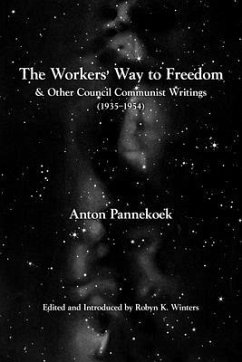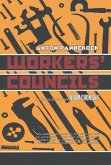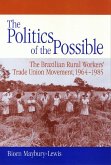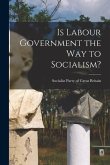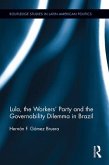Anton Pannekoek (1873-1960), the Dutch astronomer and Marxist revolutionary, was a key theoretician of council communism-a Marxist alternative to both Leninism and Social Democracy that instead emphasized working-class self-emancipation through workers' councils. The first half of this book walks the reader through the fundamentals of council communism and the conditions that led to the development of these ideas. The second half of the book demonstrates the rich depth of Pannekoek's thinking, with penetrating essays and insightful letters on revolutionary organization, state capitalism, Marxism, the limitations of trade unions and political parties, the potential of wildcat strikes, public vs. common ownership, the necessity of combining organization and freedom, the deceptiveness of parliamentarism, workers' councils, the vital importance of working-class self-emancipation, and more. With the recent resurgence in the naïve hope that Democratic Socialism and trade unionism can act as radical methods to meaningfully confront or even overthrow capitalism, Pannekoek's council communist ideas encourage workers to think for themselves rather than submit to the dead-end traditions of the old movement and embrace the collective self-activity that can build a new movement capable of overcoming the struggles we face ahead.
Hinweis: Dieser Artikel kann nur an eine deutsche Lieferadresse ausgeliefert werden.
Hinweis: Dieser Artikel kann nur an eine deutsche Lieferadresse ausgeliefert werden.

